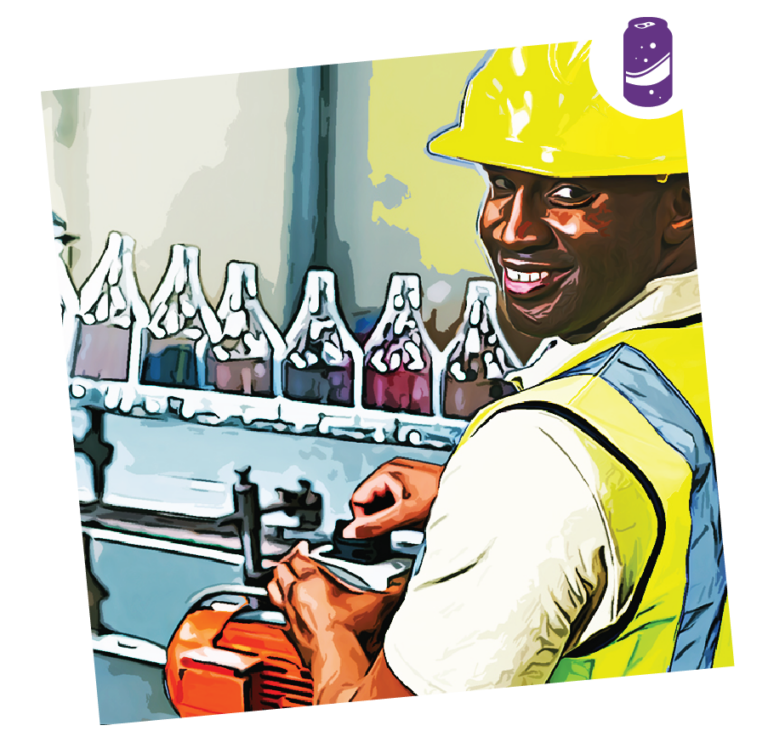As a machine operator, you’ll work with some of the most sophisticated machinery in the world!!! Beverage production requires a lot of custom machinery, equipment and automation that is both operated and maintained by a dedicated team of individuals.
Your focus will be to set up the production line for maximum success including: following recipes, measuring ingredients, feeding supplies into the machines, testing the systems, keeping everyth ing clean and sanitized, checking the final products, dealing with corrective actions, documentation and much much more!
It’s a big responsibility, be we know you’re up for the challenge!
